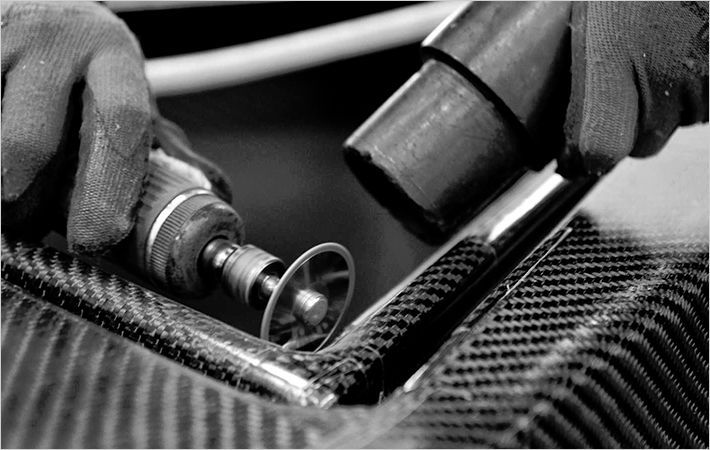In addition to these clinical and quality-of-life benefits, health services will be able to reduce wastage, administrative, and logistical costs.
While the consortium is developing this filter in the UK, with the National Health Service (NHS) as a partner and potential customer, the health and business opportunities apply to blood banks and health service providers globally.
NHS Blood and Transplant is a joint England and Wales Special Health Authority. Its remit includes the provision of a reliable, efficient supply of blood and associated services to the NHS in England and North Wales. It is also the organ donor organisation for the country, and is responsible for matching and allocating donated organs.
With a presence in 70 countries, Macopharma has more than 2,200 collaborators and four production sites dedicated to the manufacture of transfusion products. It is the first supplier of in-line systems and the second largest supplier of blood bags in Europe. Over the years, the company has become one of the main leaders in transfusion therapies worldwide, with major innovations contributing to all stages of blood processing and with a strong reputation for making high quality products.
Formed as a spin-out from the University of Leeds in 2005, NIRI brought together dedicated nonwoven specialists to build on the momentum already generated by the work of the established Nonwovens Research Group (NRG).
Comprehensively-equipped laboratories for nonwovens at University of Leeds include carding, airlaying, needle-punching, hydro entangling, thermal and chemical bonding, and a wide range of finishing techniques. The most recent investments have been in units for the electro spinning of nanofibres and also the centrifugal spinning of sub-micron fibres.
NIRI’s focus is on developing commercially-viable new nonwoven fabrics and end-products, either by improving the performance of existing nonwoven components or developing completely new materials and technologies.
“Our expertise lies in our core ability to optimise the properties, processing and cost of nonwoven fabrics,” explains Managing Director, Chris Fowler. “This allows us to meet specific product requirements in many different market sectors.
“Whilst large consumer product companies may have extensive research and development departments, it is not generally the case that they have nonwovens experts. Often the companies may have existing products which can be improved through reverse engineering, or we are able to find alternatives that are either better or reduce costs.
“Much of our work is conducted on a consultancy basis, where intellectual property remains with the client. However, in several cases, clients have preferred us to develop a technology in partnership with them.”
index14

